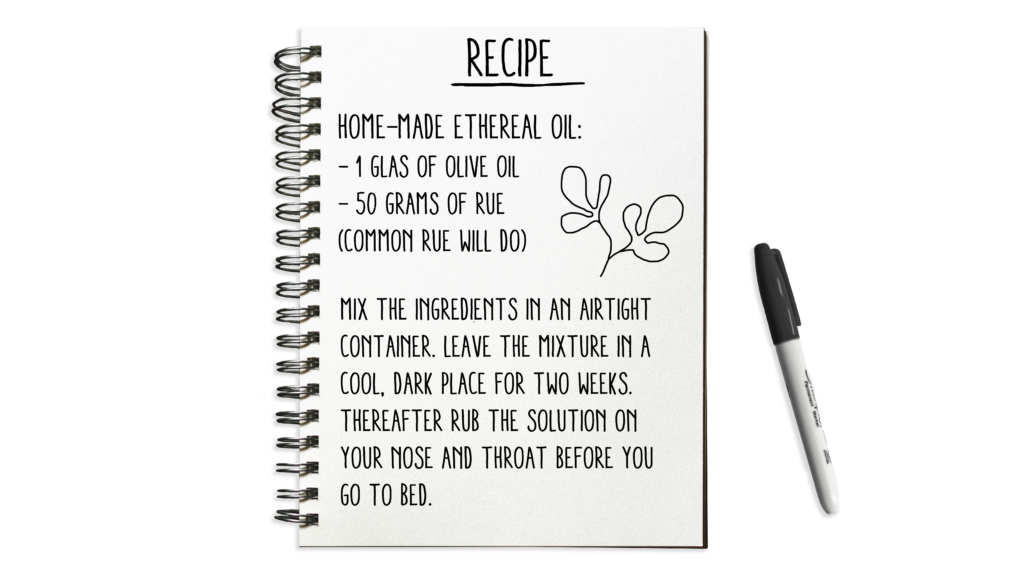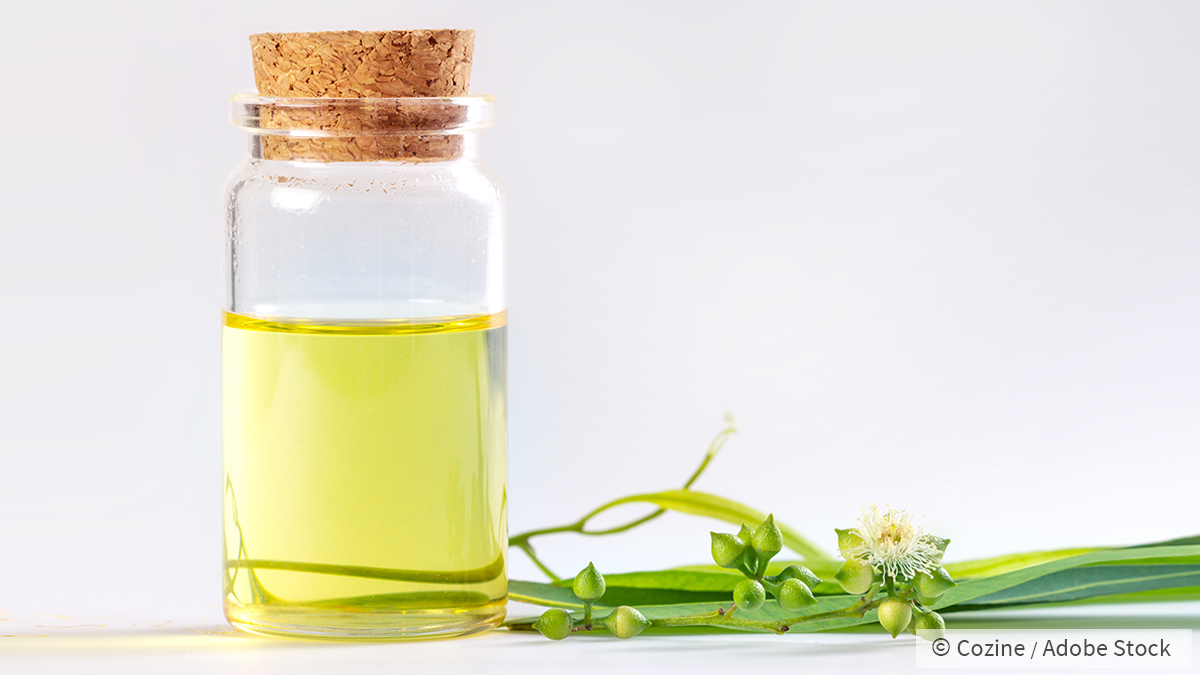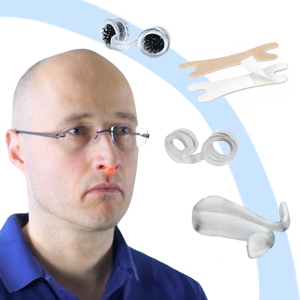It doesn’t always take an expensive product to get snoring under control. There are also home remedies that can successfully combat snoring.How to cure snoring naturally ? Find out more about Grandma’s tips & tricks and how well such products really work!
Anti-snoring oil, anti-snoring sprays and mouthwashes
Anti-snoring oils are mostly vegetable based. The ingredients of these natural remedies for snoring problems are based on a mixture of different essential oils. The oils are employed in different manners: anti-snoring oils, anti-snoring sprays and mouthwashes. It is therefore either applied directly to the palate as a tincture, applied as a throat spray or diluted in with water and gargled.
The idea behind this is that the palate is moistened with a kind of artificial saliva and the essential oils it contains increase the tone of the tissue. If, for example, the soft palate is under tension, it can only be set into vibration by the flow of air, with difficulty. Snoring can be prevented in this way. Figuratively speaking, “the saw” is oiled with snoring oil.Whether such products based on essential oils actually work to stop snoring has not yet been scientifically proven. Nevertheless, the oils enjoy a certain popularity. As a rule less as sole anti snoring therapy, but rather supporting as a therapy for, mandibular advancement devices or nasal dilators. Especially in the case of problems resulting from nasal breathing (which often triggers nasal snoring), essential oils can have a positive effect and help to reduce snoring.
How to cure snoring naturally ? DIY essential oils for daily life

Mix a glass of olive oil with 50 grams of rue (also called common rue) in an airtight container. Let this mixture steep for two weeks in a darkened room. Then apply to the nose and neck before going to bed.
Essential oils to unblock the nose: Inhalation
A stuffy nose is often the cause of snoring. Inhalation therapy is a well-known household remedy for stuffy noses. Inhaling with a special inhaler is particularly gentle. This is available in pharmacies. It actively nebulises the water and the water vapour not only reaches the nose and upper respiratory tract, but also the lower respiratory tract and the bronchi. This is especially helpful for deep-seated coughs. If one does not want to acquire a device for inhaling, then there are also proven DIY alternatives available at home.
DIY – Inhaling as they did in the past
Pour 50 to 60 degrees Celsius hot water into a pot. Add essential oils. Eucalyptus, mountain pine, spruce needle or tea tree oils are suitable. Now bend your face over the pot and put a towel over your head. Breathe in the water vapour through your nose. Inhale for 10 to 20 minutes.
If you do not tolerate inhalation, you may want to use this method:
How to cure snoring naturally ? Fill a small bowl with water and add 20 drops of pure eucalyptus oil. Place the bowl next to the bed and enjoy a restful night. Alternatively, cut an onion in half and spread a pinch of salt over the halves. Place the plate with the onion near your head, eg. on the bedside table.
Waiting it out and drinking tea

Drinking tea – especially before falling asleep – can also alleviate snoring. Nettle, lime blossom, sage and arnica should be particularly suitable. Stinging nettle tea is especially recommended if snoring is caused by a pollen allergy, i.e. if the mucous membranes are swollen and you cannot breathe freely through your nose. Sage, on the other hand, is used for general respiratory problems.
Change your sleeping position
Grandma’s wisdom: Snoring is strongly related to the sleeping position.
On the one hand it’s about the orientation, i.e. whether on the back, the side or the stomach; on the other hand it’s also about the inclination. Even grandma endorsed positional therapy. In other words, whether one sleeps flat like a board or whether the upper body is in a slightly upright position. Sleeping on one’s back is more likely to be accompanied by snoring than sleeping on one’s side or on one’s stomach. However, this risk can be reduced by assuming a slightly upright sleeping position. It is sufficient for the upper body (from the pelvis upwards) to be elevated by a few centimeters. Because when you sleep more upright, the pressure on the tissue in the airways decreases. Swelling in the nasal and pharyngeal mucous membranes is reduced and this stops breathing from being hindered. In order to elevate the upper body, the artful arrangement of pillows can be helpful. A neck roll can also be used. The sleeping position can also be adjusted with particularly high-quality beds.
Important Information
Please note that you should not use natural products without consulting your doctor or pharmacist. Please therefore inform yourself thoroughly and discuss your snoring problem with the appropriate experts.
If no household remedy works, look at the following remedies and say goodbye to snoring: https://somnishop.co.uk/
Anti-snoring mouthpieces – our comprehensive guide
Anti-snoring mouthpieces are a popular way of preventing snoring and sleep apnoea. You can find out how they work in our guide.
Find the solution for your snoring with our free snoring test
Free of charge and takes only 3 minutes. Over 95,000 people have taken the test already.
Nasal dilator purchasing advisor
What must you take into consideration when making a purchase? See all our nasal dilators presented here.

Medical Doctor, Berlin
Jan Wrede works as a medical doctor in Berlin. He studied medicine at FAU University in Erlangen-Nuremberg and Semmelweis University in Budapest. He had already written numerous scientific articles during his studies, especially on the subject of snoring.








 Welcome to SomniShop
Welcome to SomniShop